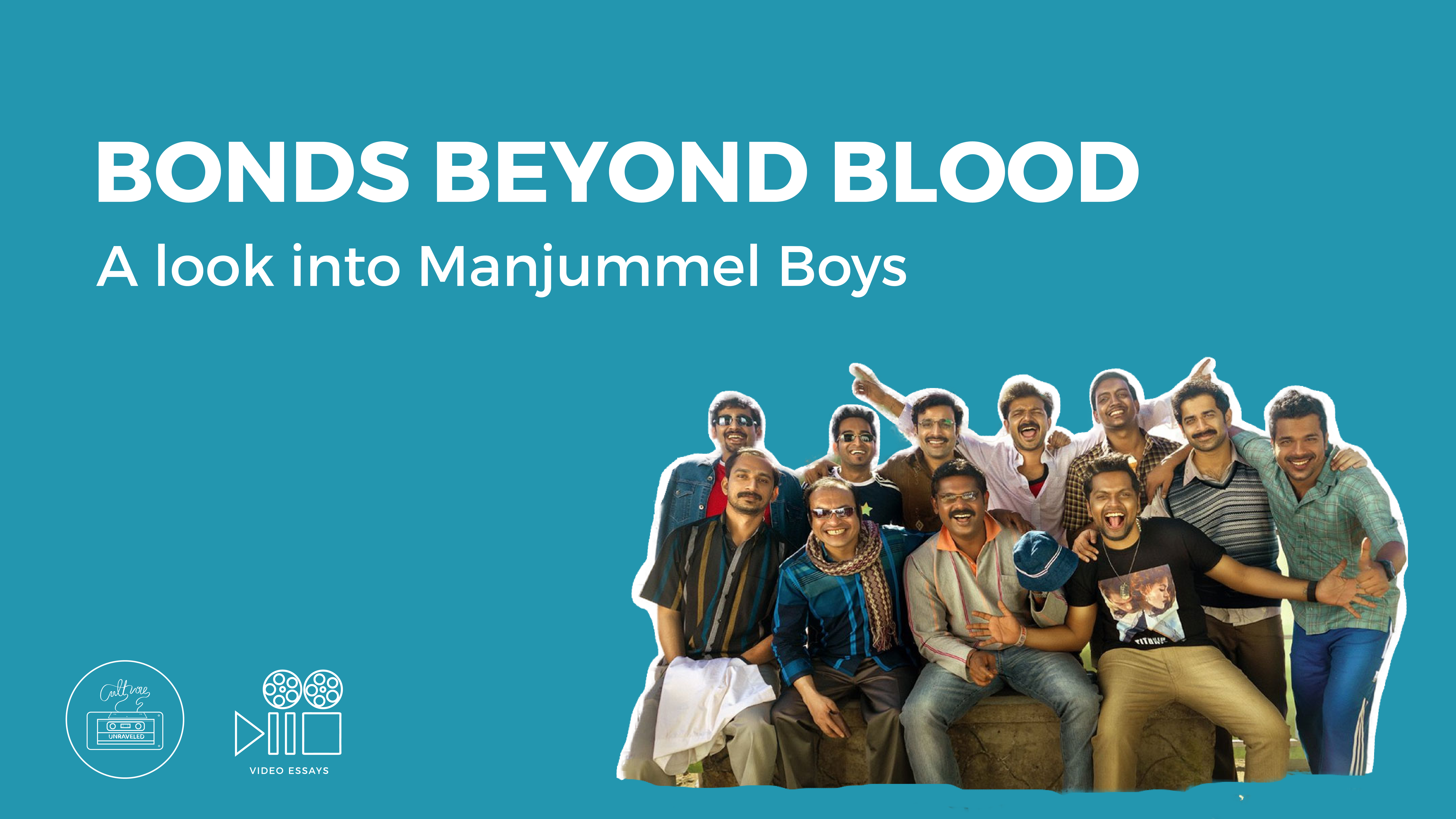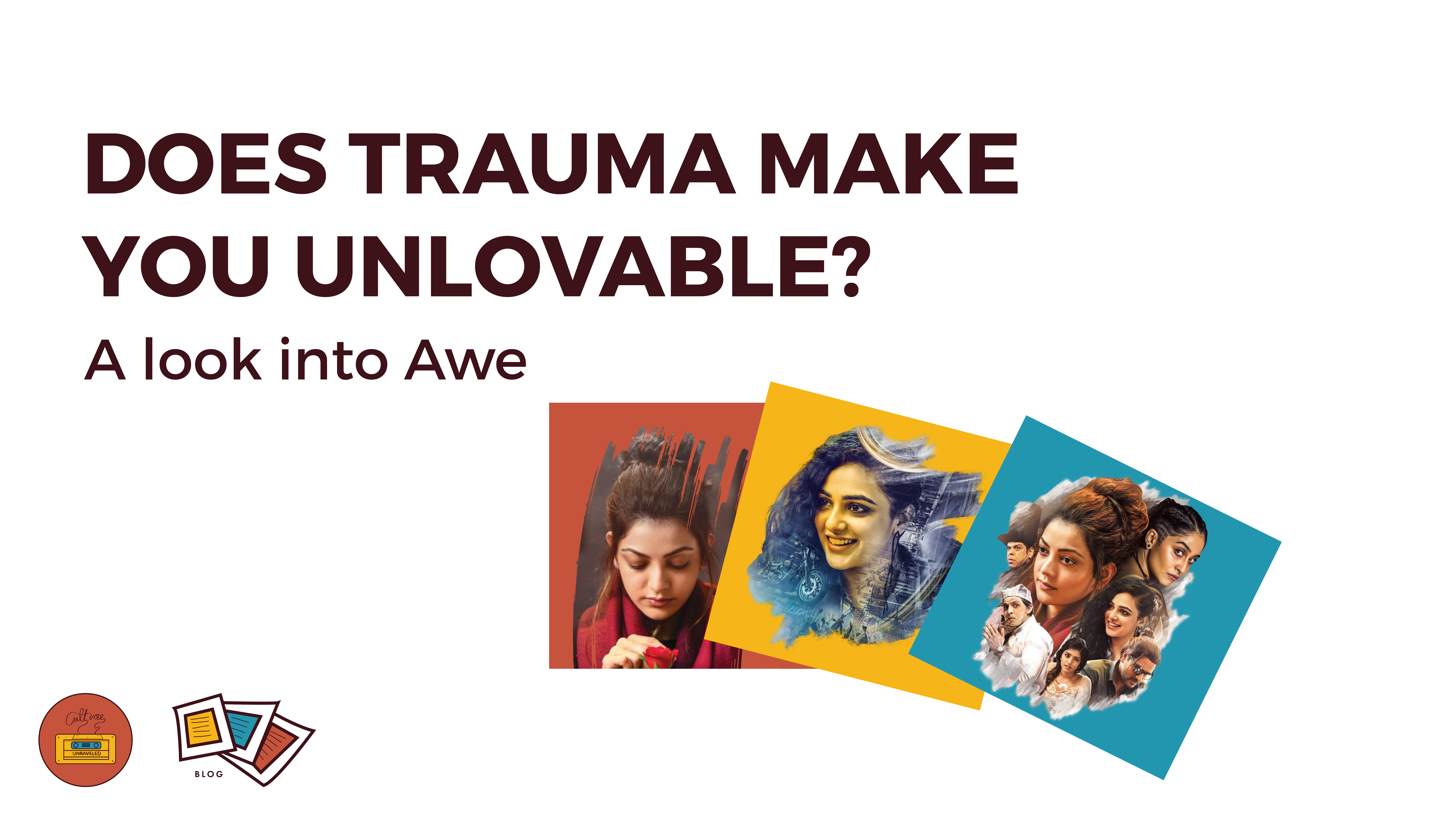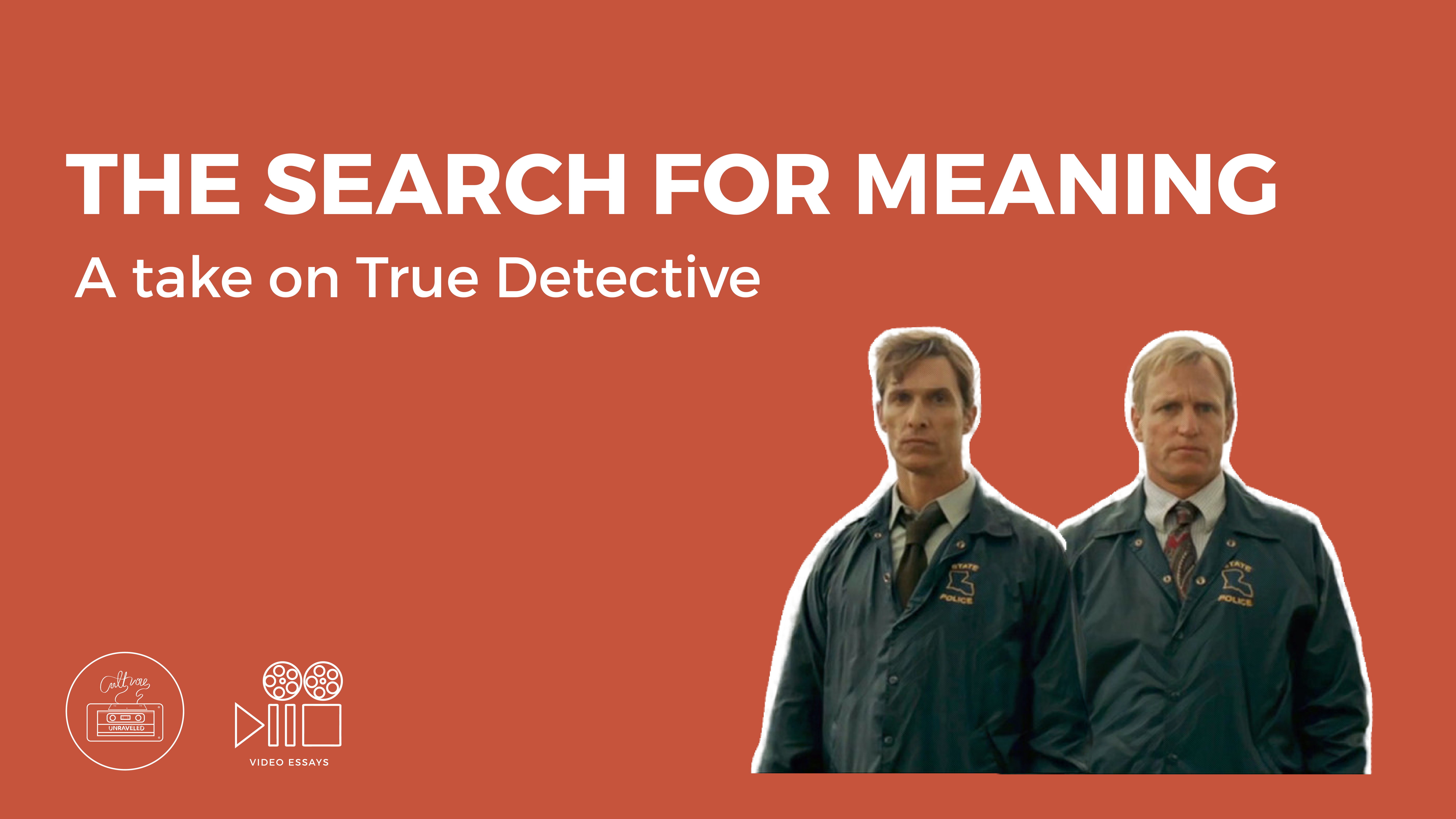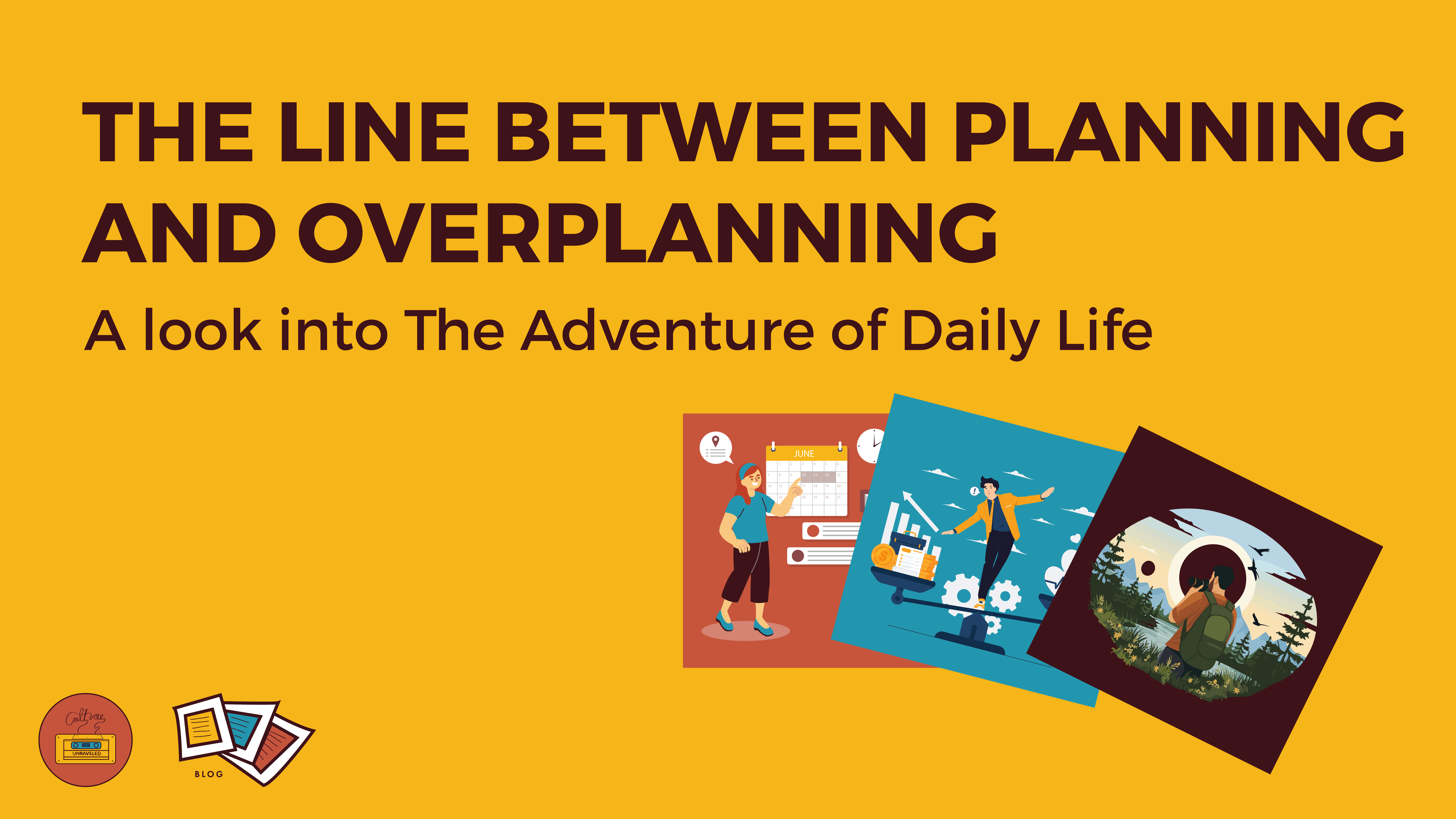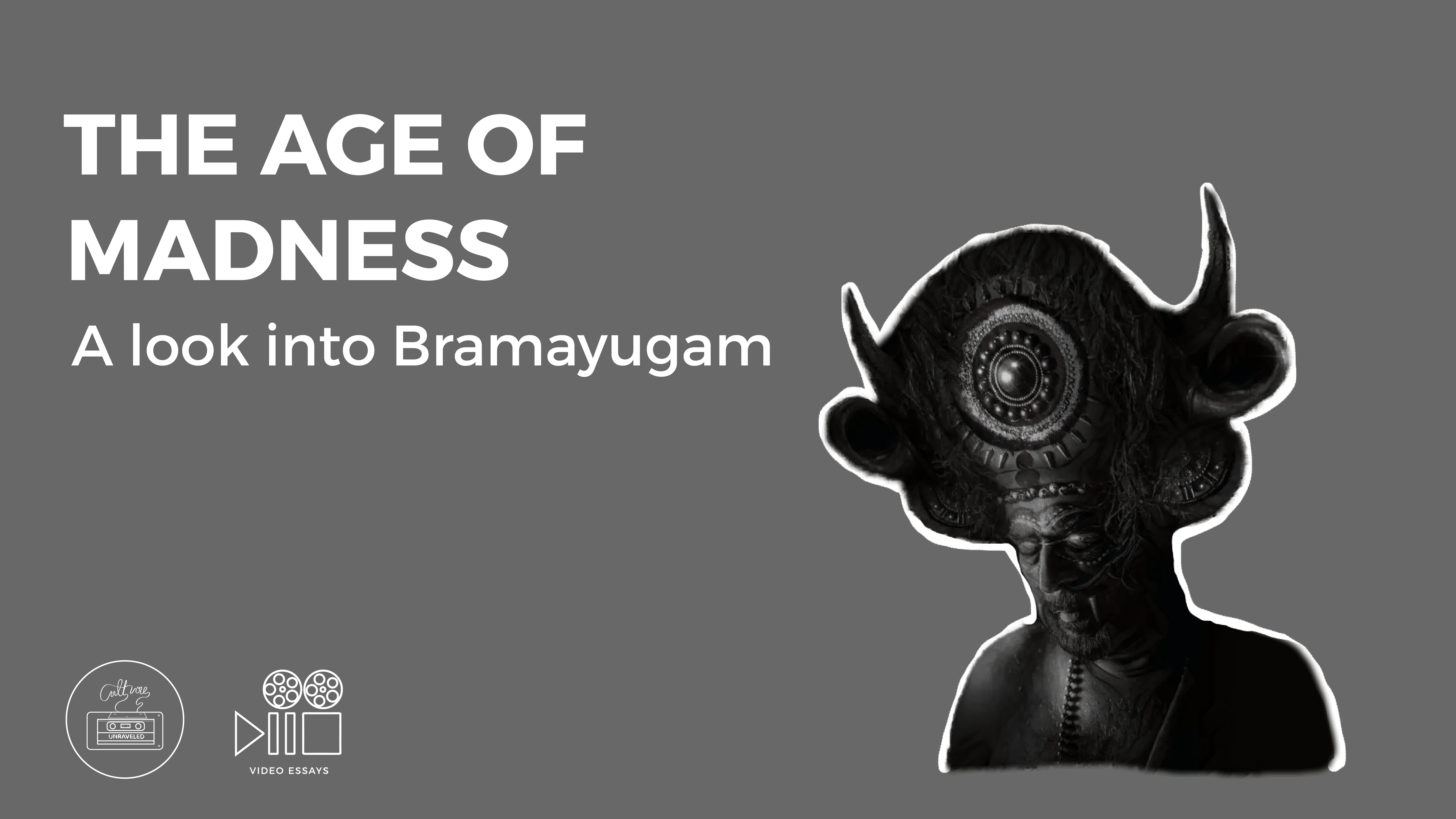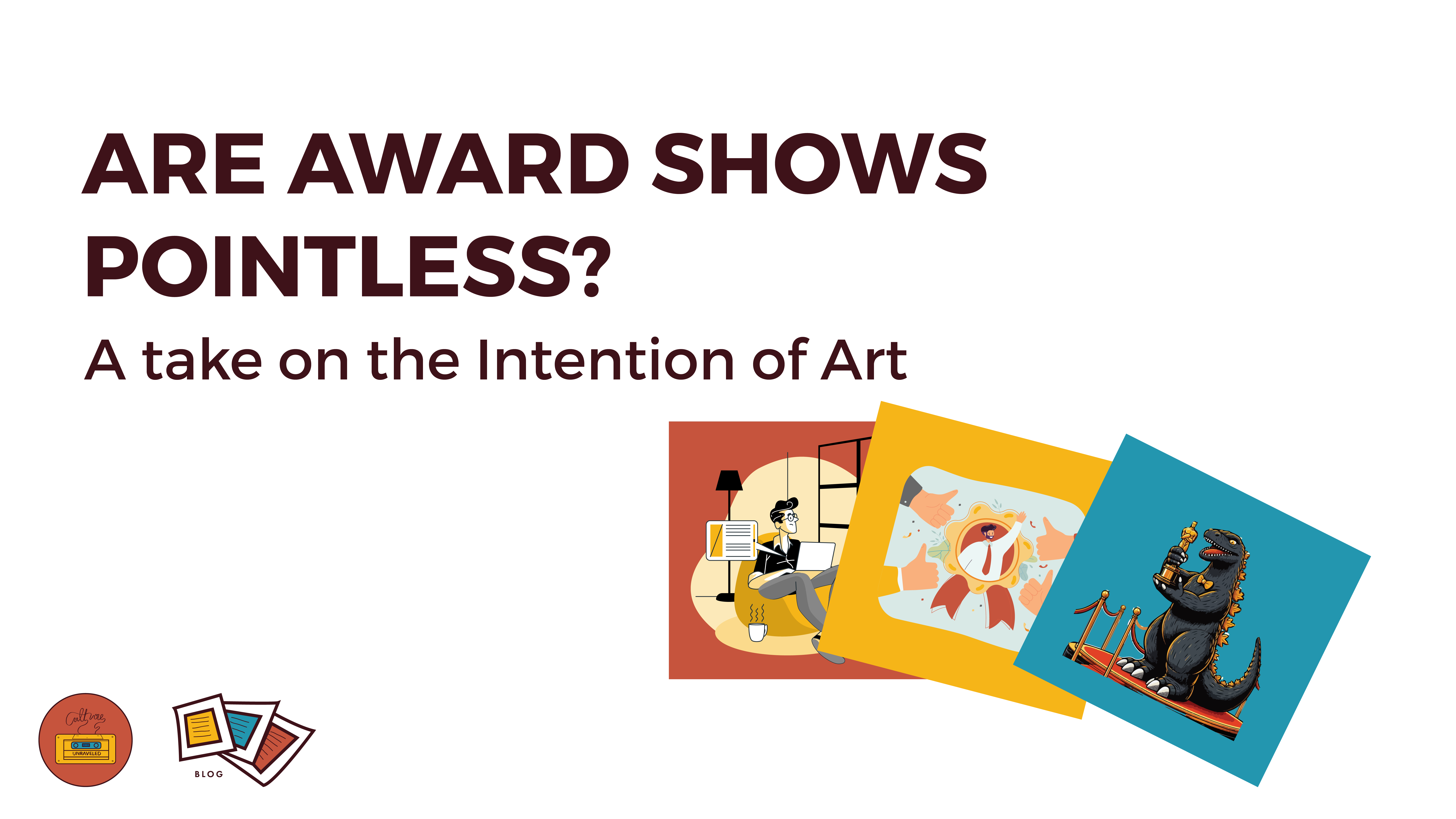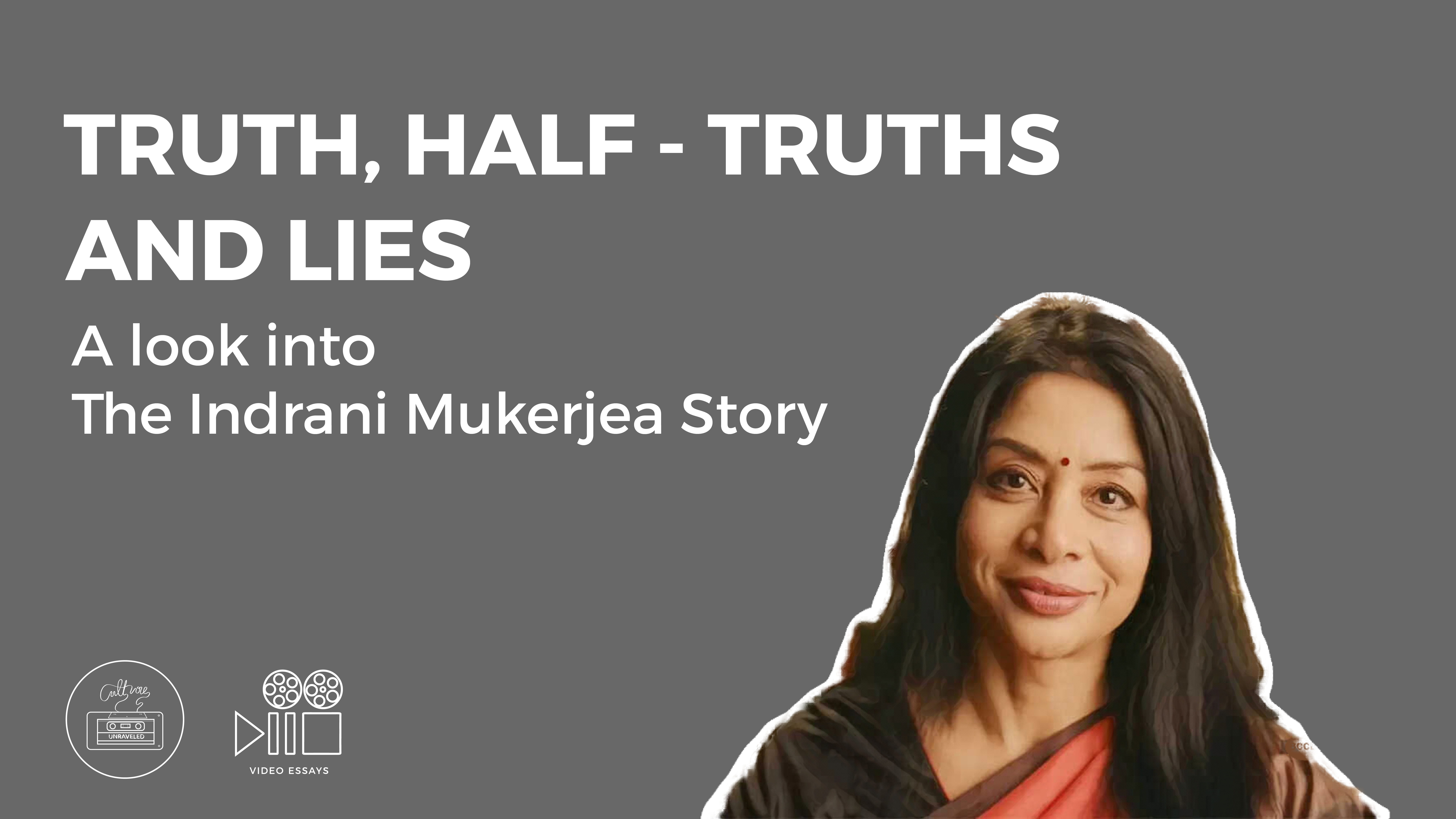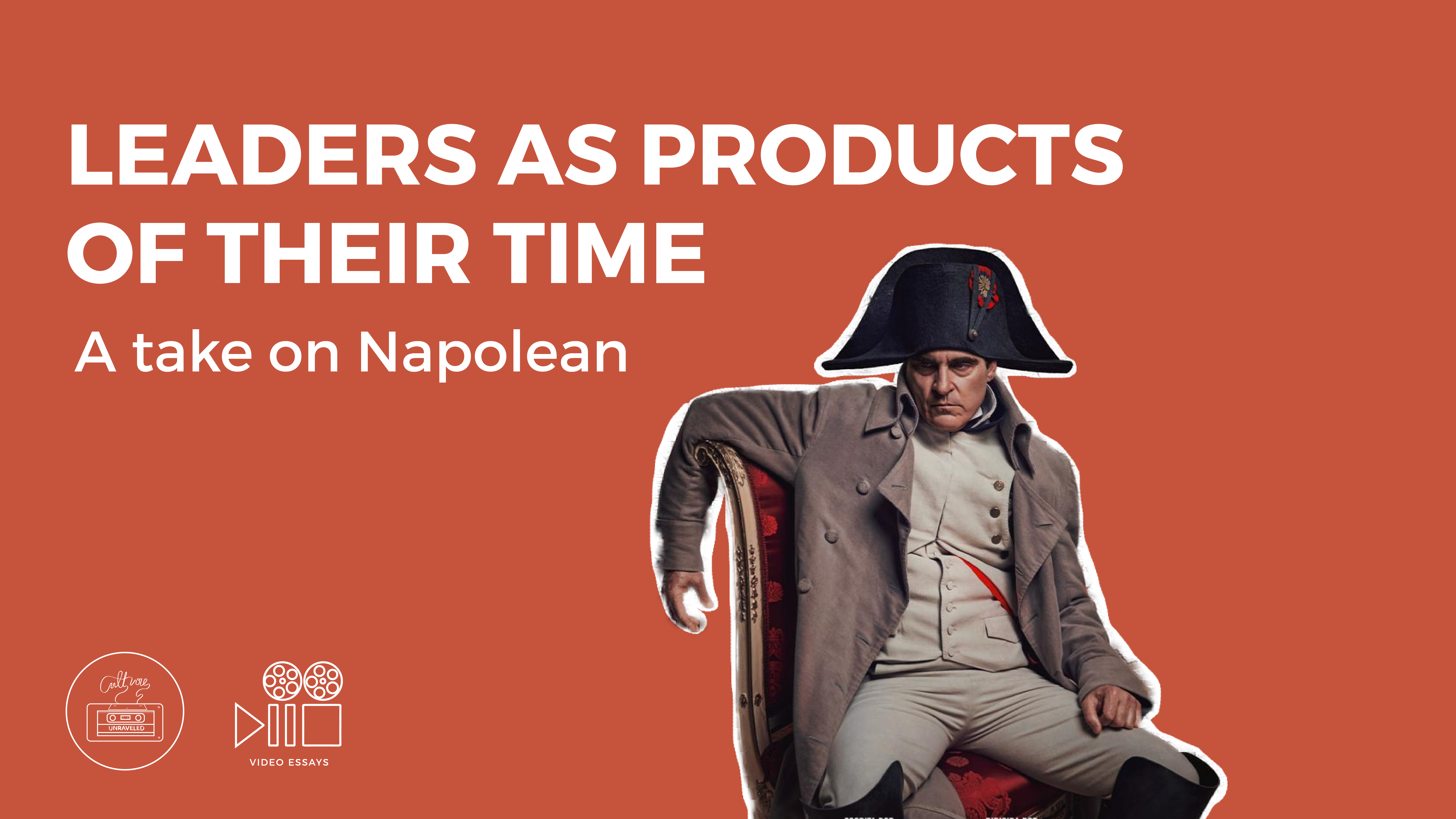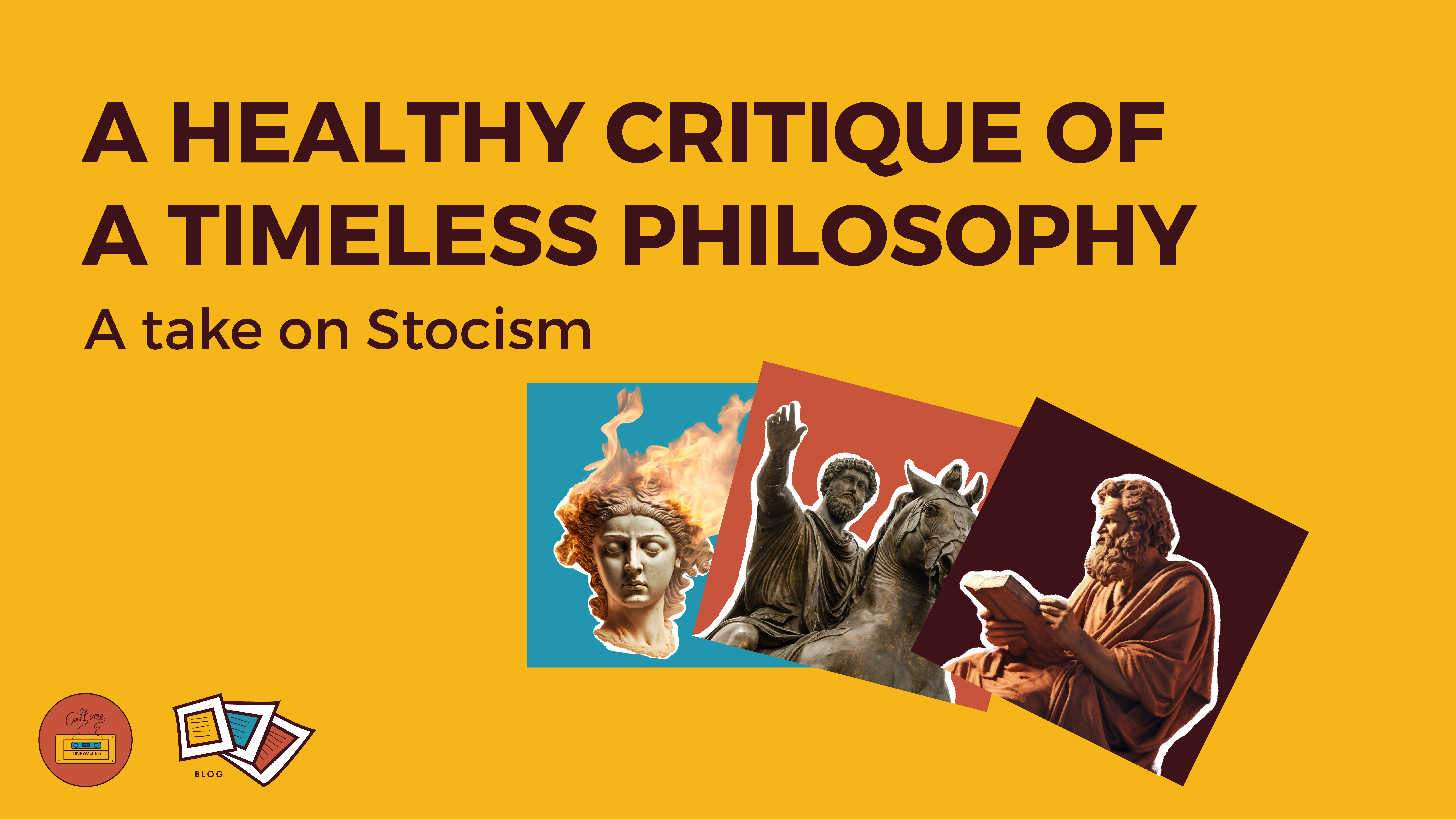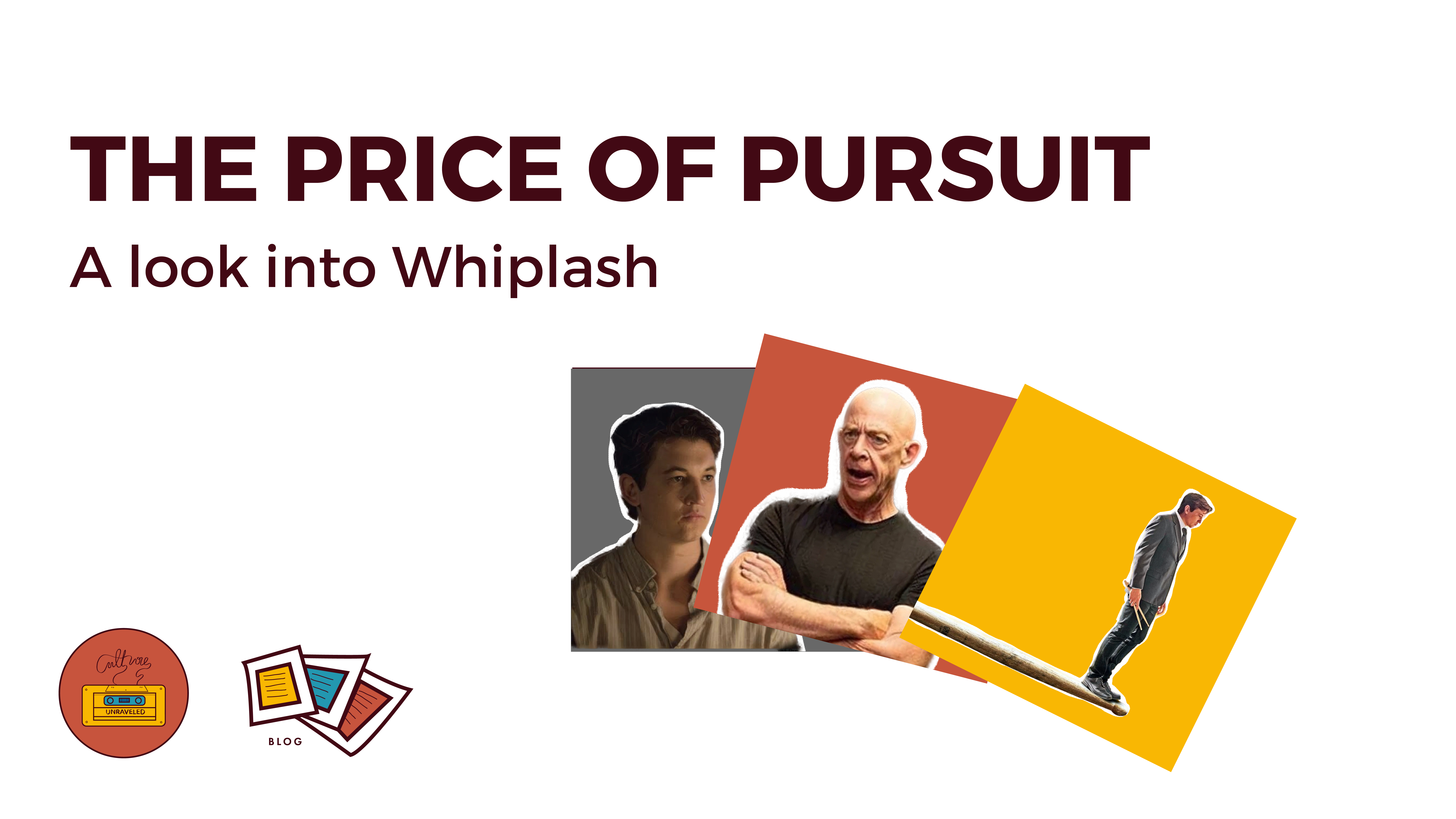
If you think about yourself honestly, the good and bad alike, what kind of person do you think of? The question isn’t imposing any judgments on you, and simply asks for your subjective analysis of yourself, providing it’s honest. Some might have a grand and esteemed view of themselves, some might not see anything about themselves that warrants either of these adjectives, but an overlap existing in these views is that, in almost any case no matter how someone views themselves, they can always picture a better version. What does that better version look like, how far are we willing to go to actualise it, and perhaps more importantly, how are we to know if something is actually, ‘a better version’ of ourselves? The acclaimed 2014 film, ‘Whiplash’, attempts to answer these questions and provides us with a meaningful narrative that plays this idea out.
The film follows Andrew Neiman, a first year student and jazz drummer at the prestigious Shaffer Conservatory in New York City. He wants to be not just a great drummer, but one of THE greats. At least this is what he thinks he wants to be, but the conductor at the conservatory, Terrence Fletcher, and the harsh and trying methods he uses, makes Andrew question whether he’s actually willing to do what it takes to achieve his goal.
As the film goes on Andrew becomes more and more committed to greatness and starts to make significant sacrifices to focus on his goal. By the end of the film, Andrew has been through it all, he’s reached what he thought was his peak, he’s suffered through his descent and ultimately he resigns to the idea of ever achieving his goal. The redemption comes at the very end though, when Andrew proves himself in breathtaking fashion, he’s on the way to achieving his goal and that comes in the form of him realising he’s finally good enough in the eyes of Fletcher. This is made clear through 2 of the very last shots of the film, the eyes of Andrew and then the eyes of Fletcher. Andrew’s looking up at Fletcher, in want of approval and in need of validation, and Fletcher’s looking back at him, granting him that validation and finally seeing him as the great drummer he truly is. Andrew has finally done it, he’s achieved his goal, but at what cost? He’s lost so much in his pursuit of greatness, that when he achieved greatness, it’s possibly all that he has.
This film accurately illuminates the core of the idea that you can have what you want, provided you’re willing to make the necessary sacrifices for it, and if you’re not willing to make the necessary sacrifices for it, then do you even really want it? Maybe pondering the sacrifices might coerce you to alter your goal or maybe they might convince you that your pursuit will therefore be more meaningful. What if you do get what you want though, and it turns out that it took more from you than it gave to you, and you no longer recognise let alone like the person you’ve become? Well, from that we can deduce that we really need to meditate on our dreams and goals for a while and we need to to truly understand what it is we’re asking for.
Now, in no way does the film say that Andrew has failed in a deeper sense by achieving his goal and it doesn’t explicitly state that he has succeeded either, that part is up to us. In fact, it could even be that Andrew was extremely satisfied and happy with achieving his goal and thought that the sacrifices he made was nothing more than required adversity needed to
achieve his goal and he has a more profound gratitude for the success because of those sacrifices.
Either you think Andrew lost his identity and chance at a meaningful smaller life because he was obsessed with perfection, or you think Andrew made the difficult but right decision of making the required sacrifices to achieve his purpose of greatness. Neither answer is wrong, whichever one works for you is right, but by putting yourself in Andrew’s shoes, you can learn a lot about yourself. Ask yourself, am I really willing to do what it takes to achieve my goal, no matter what it is? How bad do I really want this? Is this going to be a net positive or negative? If I don’t really want to make the necessary sacrifices then maybe I don’t really want this. So maybe I should make those sacrifices so that I can achieve that goal, because if I don’t then do I even want it? Asking yourself these things might shift your mindset depending on what type of person you are – either you might realise that your goal is too dangerous or risky for you to chase and will take to much from you and force you to lose too much of yourself to achieve this goal – or you decide that this time, you are going to achieve your goal, you are going to think of the significant sacrifices and continue in spite of them, because if you really do want something, and you know what sacrifices you need to make – then what are you waiting for?
_________________________________________
Written by Ben Joshua
Life Focus Society
Culture Unraveled is an initiative of Life Focus Society

